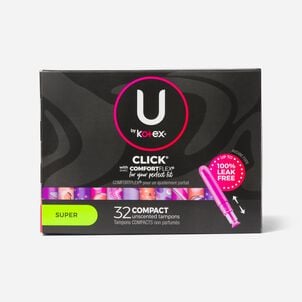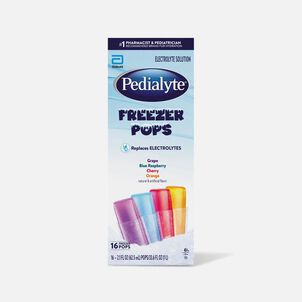A health savings account (HSA) is a great way to set aside pre-tax money for eligible medical costs. But in some situations, it can also be a great way to save for retirement, and even to use your HSA funds for investment — possibly even better than a Roth IRA.
HSA are designed to provide eligible savers an opportunity to set aside cash for retirement's most significant expense: health care. According to Fidelity, you could spend a staggering $280,000 in retirement on health care-related costs. But, to be completely transparent, there are some limitations on HSA that may make it less appealing than a Roth IRA.
Pros
- You can deduct your HSA contributions from your gross income
- Your HSA contributions can grow tax-free interest
- Withdrawals are tax-free if they're for eligible medical expenses including certain eligible products
- You have the option to invest your HSA funds to compound your earnings, and that investment growth is tax-free
- Once you reach age 65, you can use HSA funds to pay for some health insurance premiums, including premiums for Medicare Part B and long-term care insurance
Cons
- You must have a qualified high-deductible health plan (HDHP) to be able to contribute to an HSA
- If you have a self-only HDHP, you can only contribute up to $4,150 in 2024; for family HDHP plans, however, you can set aside up to $8,300 (and if you're 55 or older you can contribute an extra $1,000 on top of those amounts)
- You can't use your HSA funds for anything but eligible medical expenses. A non-qualified withdrawal before 65 is subject to income taxes plus a 20% additional tax. If you're 65 or older, you'll just pay income taxes
- You need to hold onto receipts to prove that your expenses were eligible.
Consider a Roth IRA
The Roth IRA is one of the best ways to save for retirement. Once you contribute to a Roth IRA, the money grows tax-free, and you can take tax-free withdrawals once you reach age 59½. But like HSAs, Roth IRAs have some limitations.
Pros
- Your earnings grow tax-free, and qualified withdrawals are tax-free
- You can withdraw up to your principal amount — what you've contributed — with no tax consequences
- You can take an early withdrawal of earnings without a penalty to pay for qualified education expenses or your first home ($10,000 limit); you may, however, need to pay regular income taxes on the distribution
- You can use your funds in retirement for whatever you want
Cons
- Your contributions aren't deductible in the year you make them
- You can save more with an HSA if you have a family HDHP plan
- Non-qualified distributions come with a 10% penalty tax plus ordinary income tax
- You may not qualify to contribute if you exceed certain income limits
- Taking withdrawals now may break a psychological barrier that keeps you from raiding your retirement savings regularly
Why an HSA may still be your best retirement savings option
If you qualify for both an HSA and Roth IRA and can afford to contribute to both, it's a no-brainer. But if you have to choose between one or the other, an HSA has the potential to give you more savings power and allows you to take withdrawals now and in retirement without the potential guilt.
Before you pick one, though, carefully consider your situation, including your eligibility for each account, your savings goals, and your general preferences (and speak with a financial adviser before making any major long-term savings decisions). While the right retirement account can maximize your savings, the most important thing is that you make a habit of saving.
As always, speak with a financial advisor about your specific situation before you decide how to proceed. The information provided in this article is meant to be a general explanation of the options you have for handling your HSA funds, and should not be considered legal or tax advice.
-
Thank you for visiting the HSA Store Learning Center. Don’t forget to follow us for more helpful tips on Facebook, Instagram, and Twitter.

.png)
















